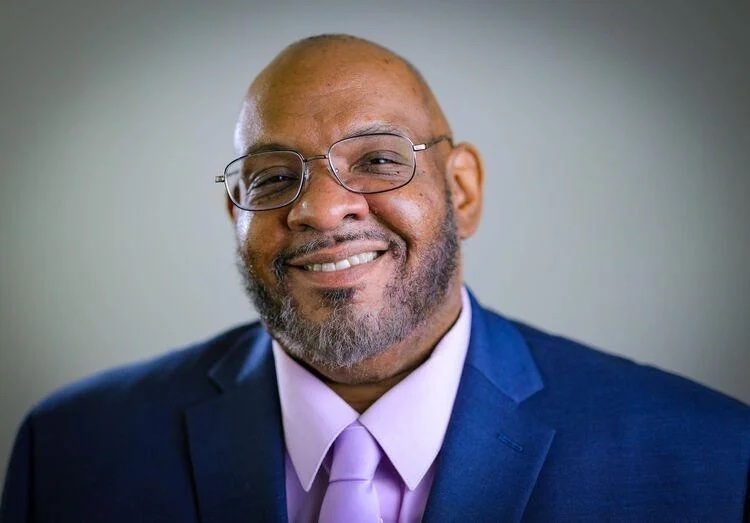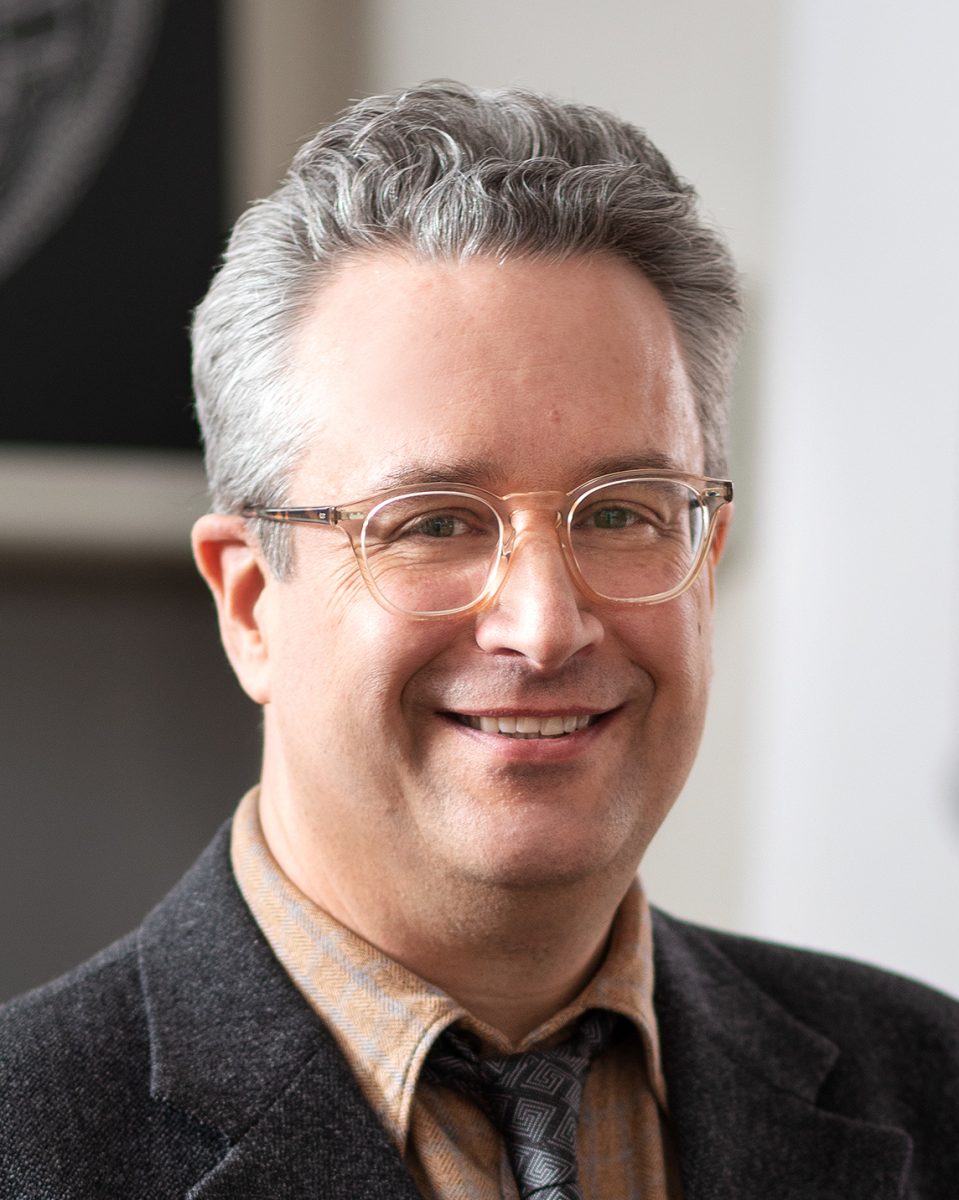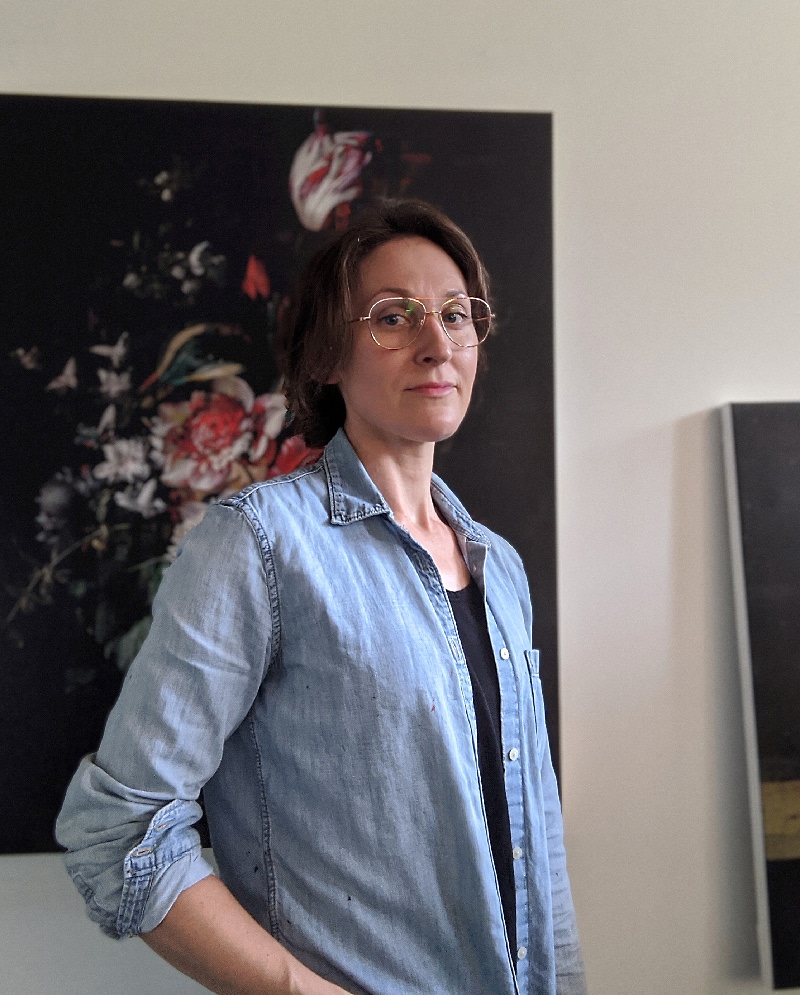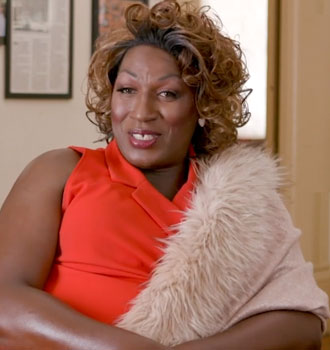Julius Bailey is chair of the department of Philosophy and Religion at Wittenberg University, as well as director of both the African & Diaspora Studies and the Justice, Law & Public Policy programs. Bailey, a cultural critic and theorist, presented his lecture, “Hip Hop and Bad Faith Democracy, Where A Music and Resistance Conjoins” to Oberlin students Nov. 7.
This interview has been edited for length and clarity.
Can you talk about what you discussed in your lecture?
The lecture today is based on the classroom talk I had earlier in the afternoon. The classroom was reading my book Philosophy and Hip-Hop: Ruminations on Postmodern Cultural Form. I talk about the United States and democracy by fusing a conversation of my hip-hop work with my political work. This was achieved through my goal today of speaking about the question of bad faith. My context for bad faith comes from the philosopher Jean-Paul Sartre, a French existentialist in the early 20th century. His concept of bad faith had to do with the fact that individuals seem to be forced to deny themselves to be accepted and recognized by others. It’s this constant interplay of self-creation and others’ acceptance to a point where you get into this conflict of the self-being for others. And so I wanted to talk that out a little bit using the American political system.
The United States itself, to continue to be seen as the city on the hill, the greatest country in the world, has to somehow deny aspects of itself — the ugly part of itself. And so it operates as a bad-faith actor. I wanted to see, how does hip-hop deal with this? So I said, hip-hop has always been a resistance movement. Resisting this idea that “I must be recognized.” In this war of recognition, hip-hop says, “I’m not gonna forget where I came from, which is blues tradition. But I won’t let the blues consume me.” It’s this idea of flipping the script of turning the table on itself. I try to use the example of hip-hop to show that it does have its problems, challenges, and conflicts. But at its best, what it attempts to do is create some reconciliation of bad faith by trying to keep it real, and by trying to understand what realness is, and authenticity, and be an example of what that can be through voice and music.
You use the painting “The Scream” by Edvard Munch to better understand hip-hop as a genre. Can you speak to that?
Well, in that piece, it forces us to think about sound, right? Because there’s no sound in that picture. But it’s clear anxiety, it’s clear frustration. And no matter what, you can almost hear the scream in the visual. And it makes you think about what it means to be de-voiced or what it means not to have a microphone. You scream. I think that’s what made me think about the beauty of what the Harlem Renaissance was about — let’s use our jazz, poetry, and politics as a way of screaming. And we kind of see that in the formation of hip-hop. But I think through the advances that Black folk have made politically, we lost a lot of that kind of intentional pushback against the United States. And I think modern hip-hop does a small part of pushing back until they start making a whole bunch of money. Because hip-hop becomes a part of the very thing that detracts from the humanity of others. When you talk about misogyny or preoccupation with sex, drugs, money, all that kind of stuff takes away from a sense of community and a sense of identity formulation.
Do you believe that modern-day hip-hop can be truly radical?
I don’t think so. But I think I’m the wrong person to ask because I don’t believe there’s much radicalness in the United States, period. I think about the ways in which the reality is, though, that Black folk are pacified people. And no music is gonna change that. No lyric is gonna change that. Maybe our parents or grandparents did when they had music like Black protest music because that intentionally got people in serious trouble. But now, we must ask, are there still true revolutionary voices in the United States? Sure there are. But are they gonna be put on an EP? Nah. Because it would be too disruptive. I think people often cite Kendrick Lamar as someone disruptive. In a sense, he’s face-level destructive. But he doesn’t have the FBI watching him. Because in the process of making music, there’s so much give and take for you to be accepted by the majority. There has to be some palatability. They have to feel comfortable with you. And sometimes comfortability yields specificity. I always say that if too many white folk like you, you aren’t doing the work. An example I gave earlier would fit this answer a little bit. When N.W.A. in ’89 said, “F**k the police,” that caused a lot of problems for them individually and for music in general. They were disruptive. But the song now plays every day on radio shows. So in order to start a dialogue on this you would have to show me an artist who’s doing something that hasn’t already been punished that now is palatable.
What got you into this research?
You know, I went to Howard University and I played for Bison Athletics. But I realized I wasn’t gonna make the League. At the time, I was student body president of Howard. I brought Cornel West to campus in ’93, and it changed my life. I mean, just talking to him. And quite frankly, I hadn’t even read much of his books. I had read Race Matters because it came out in ’93, and everybody was reading it. But then, talking to him and hearing his genuine concern about me as a student, he needed to ask around about me, and he wanted me to come to study with him. So, he forced me to take scholarship and academics seriously. I mean, I graduated with a 2.9 GPA. I wasn’t a scholar. I was always involved in activism, but I never considered myself a scholar. But under him, I learned to appreciate scholarship. Then, in my first year working in Cornel’s office, I met Tricia Rose. At that time in ’95, Tricia Rose had just written a book called Black Noise. She wrote this book as a part of her dissertation. I just spent time talking to her, and then, she introduced me to a student who at the time was a junior, and he wrote a senior thesis on creating a hip-hop class at Harvard. His name is Jon Caramanica. It was Jon that helped me realize I could do some work in hip-hop.













